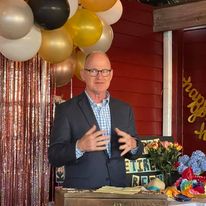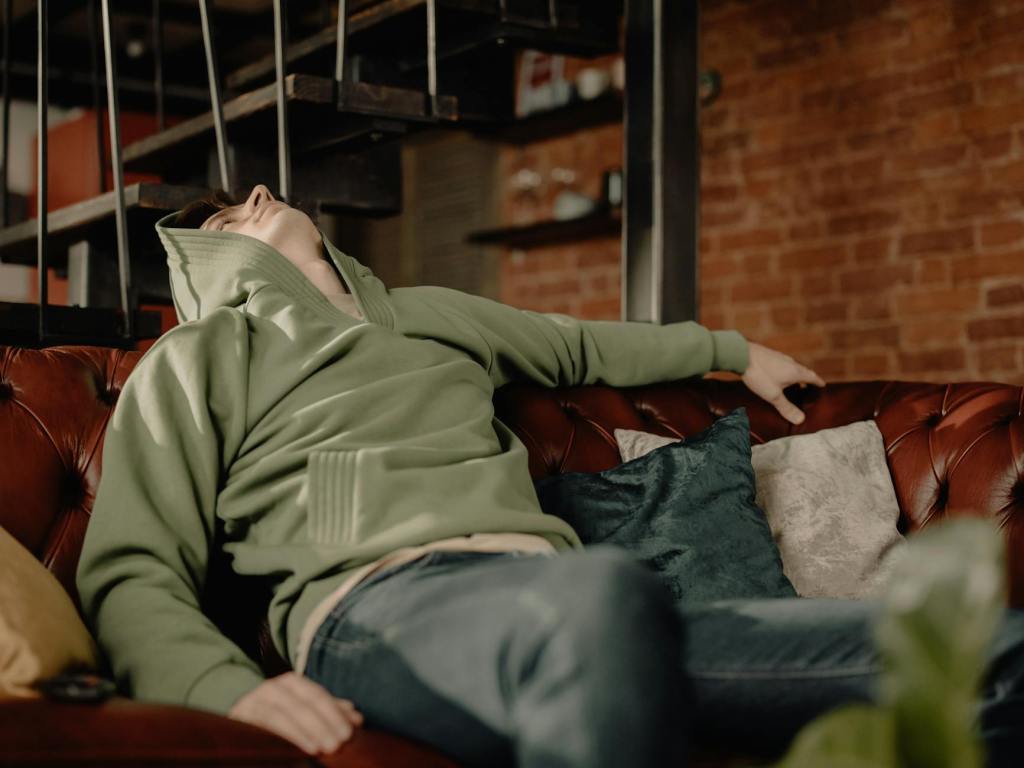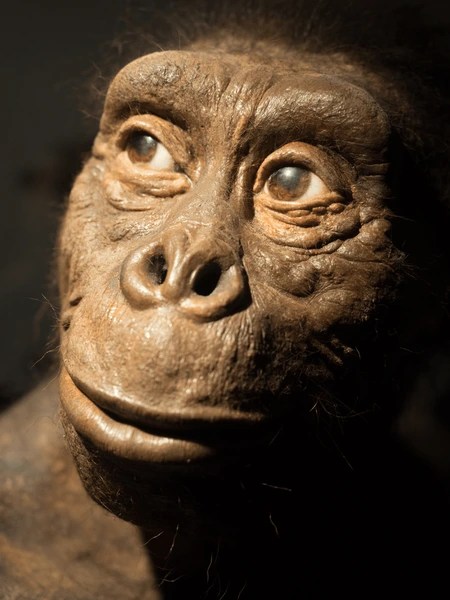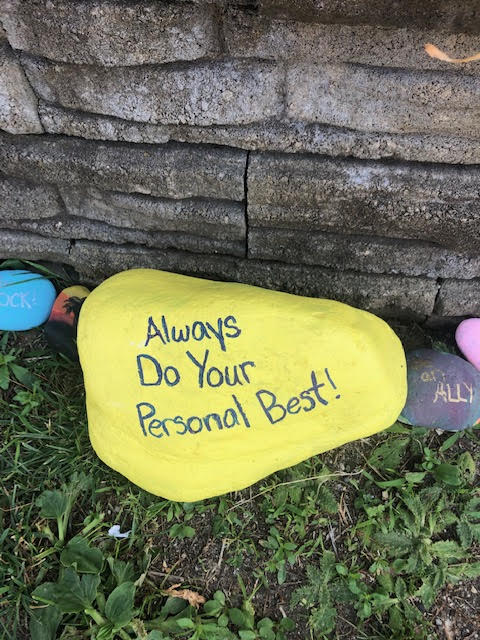
My wife (@dmgately) and I want to make it special for her because she’ll never get this time back. Juliet will never be three again. She will never look forward to Christmas morning the same way she did this year. And as much as we would like to freeze time and keep her three years old, we know we can’t; so we take lots of photographs and videos. Between Facebook and my mother-in-law, more Americans have seen photos and video of Juliet than have watched the Zapruder film. This is a precious time for Juliet. 
It’s been demonstrated that adolescents go through more changes between the ages of 11 and 15 than at any time in their lives other than birth to age 3. Physically, emotionally, and intellectually, children change more during this time than at any other period in their lives other than that earlier epoch. Look at yearbook photos of your kids when they were in sixth grade and again when they’re in eighth grade (heck, just look at a picture of a kid taken in September in seventh grade, and compare it to what he looks like in June. I’ve had seventh grade parent tell me they can’t find their child’s picture in the yearbook). They grow so much over the course of middle school. Try this experiment; ask an adult you know to recall a time that they felt embarrassed or disappointed when they were in middle school. Everybody has a story from this time in their lives. Now ask them if they can remember a time they were embarrassed or disappointed between the ages of 24 and 28… um, not so easy. That’s because this is such a sensitive and sometimes emotionally turbulent time for our adolescent students. It’s also a memorable time for kids at this age. Every day they are accumulating memories that they will keep with them the rest of their lives. Like my daughter Juliet, this is a precious time in the lives of the students at our school.
As educators in the lives of these kids, it is a privilege to share in this precious time with them but also an awesome responsibility. We help to see them through the roller coaster of adolescence, the highs and lows, to the best of our ability. One of the most important things that we try to do is demonstrate to our kids that they can trust us and come to us with things they are struggling with so we can help them. Of all the roles we play in the lives of our students as teachers, if we don’t do this well, then we cannot succeed in any other capacity. As we are preparing to spend some time with our families over the holidays, and preparing for a new calendar year, this is what I find myself reflecting on. It’s easy to remember how precious the life of a three-year-old is. They’re small, and weak, and sooooo cute; 13-year-olds, not so much. As adults in the lives of our adolescent children, we need to remember that this is a precious time that they will not get to do again. We need to help them navigate this time and make it special.







Leave a reply to dmckillen Cancel reply